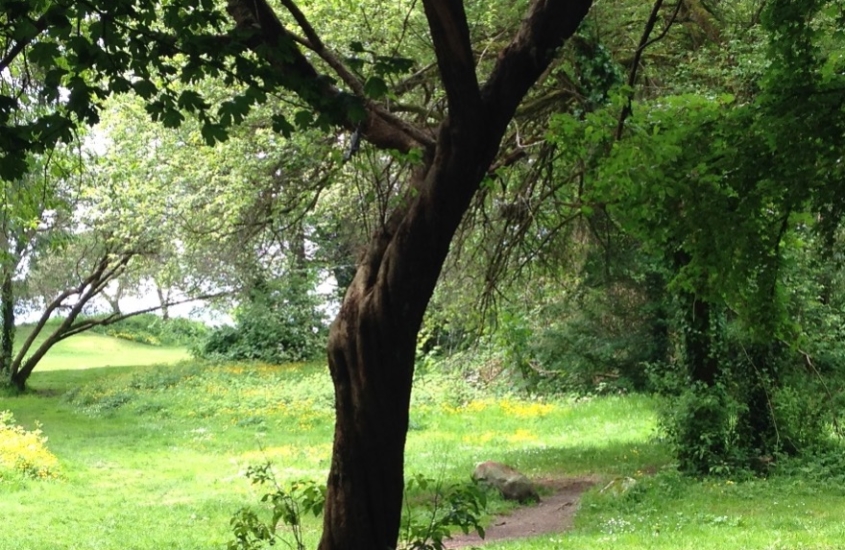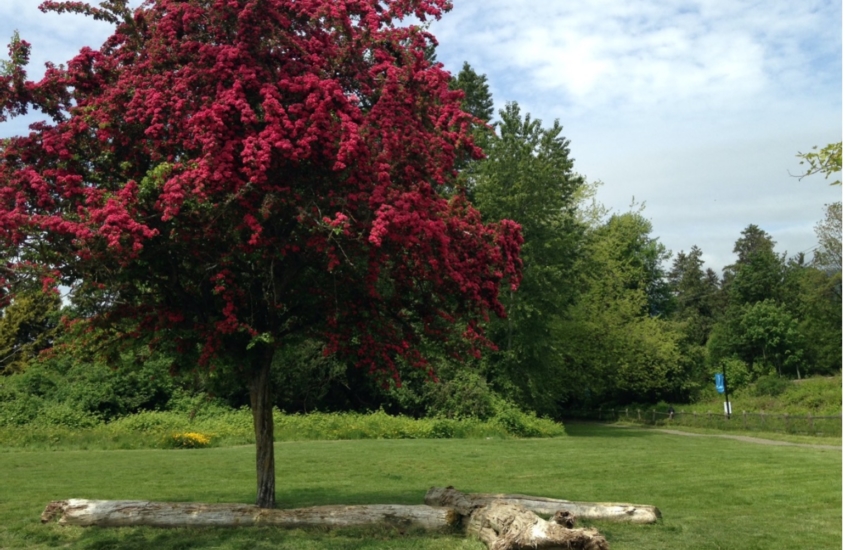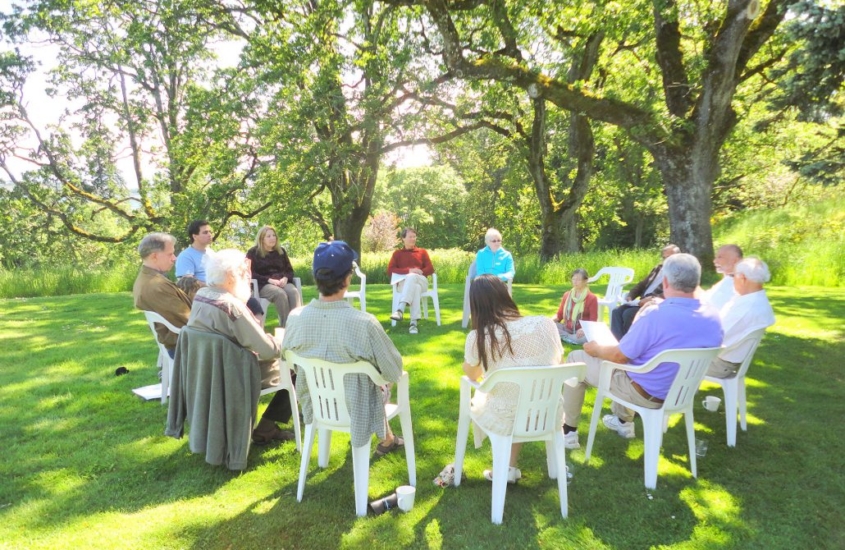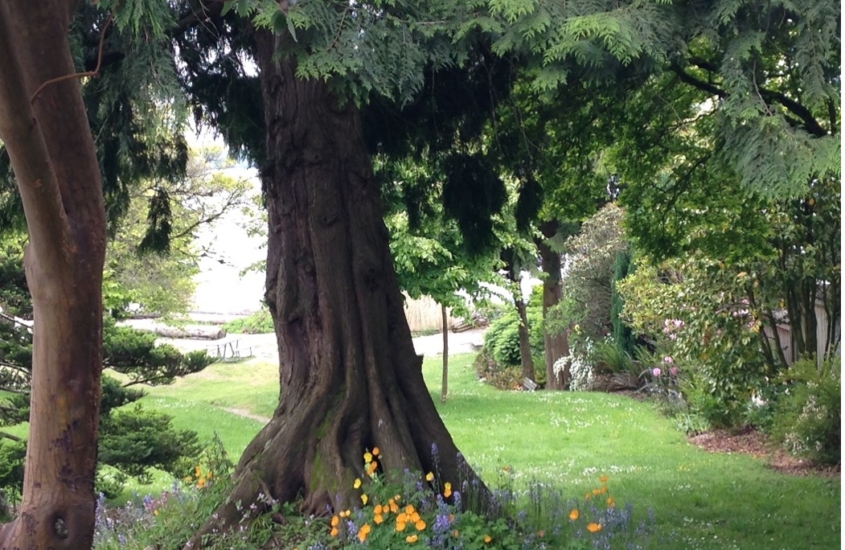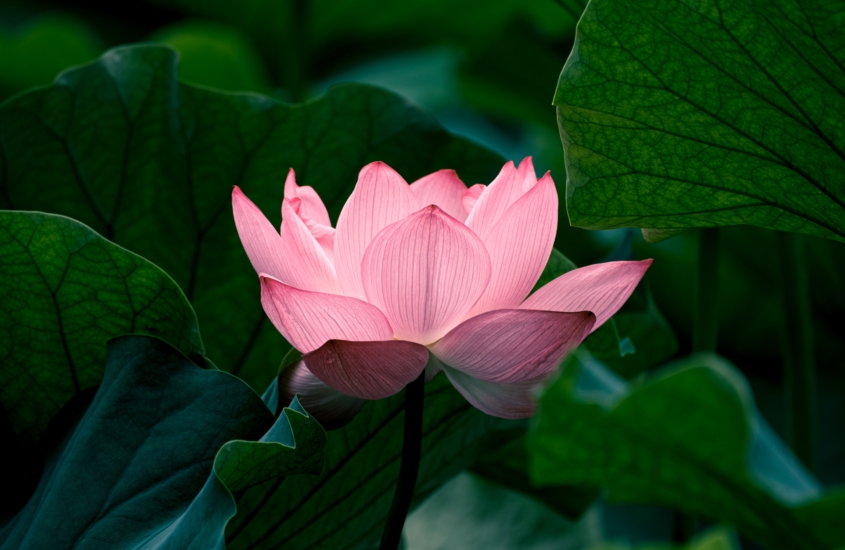Self-inquiry, June 18, 2023
Self-inquiry
With Mukesh Gupta
Krishnamurti Educational Centre, Metchosin
June 18, 2023
A small group of four gathered at 3 pm in the Gatehouse to dialogue with Mukesh Gupta from India. Windy and chilly weather prohibited sitting outdoors, but holding the meeting indoors felt comfortable and conducive to conversing in a quiet and attentive manner. As he often does, Mukesh asked if anyone had a pressing question to delve into. He outlined what he feels are important qualities to bring to such an exploration of our own minds and hearts. Effective dialogue, he shared, requires a slow and sensitive looking and listening without any demand to produce an immediate answer or solution to a problem or question that has arisen.
One participant shared that she’d been wondering about the state called “enlightenment”. What is it, exactly, and what does Krishnamurti say about it? This led to a spontaneous exploration of thought and awareness, the difference between the two, and what it means to awaken to a state of awareness. Is there any method, any “how”, to awakening to awareness?
We went slowly and carefully into the nature of thinking and what it is like to move without a method into a state of seeing and listening which is beyond the definitions and descriptions that thought draws on to label such subtle realities. Every participant found his or her own inner insights and conceptual terms which added to the group process of discovery, producing a creative flow of fresh and lively perceptions. It was an unfolding, largely beyond thought, which brought a sense of timelessness in the slow and gentle unravelling of the nature of thought and awareness. The insights were sometimes difficult to describe but were very interesting to the contemplative minds that all participated with deep perception and intelligence, seemingly with minimal effort, in the creation of a rich experience of “meditative self-inquiry”.


